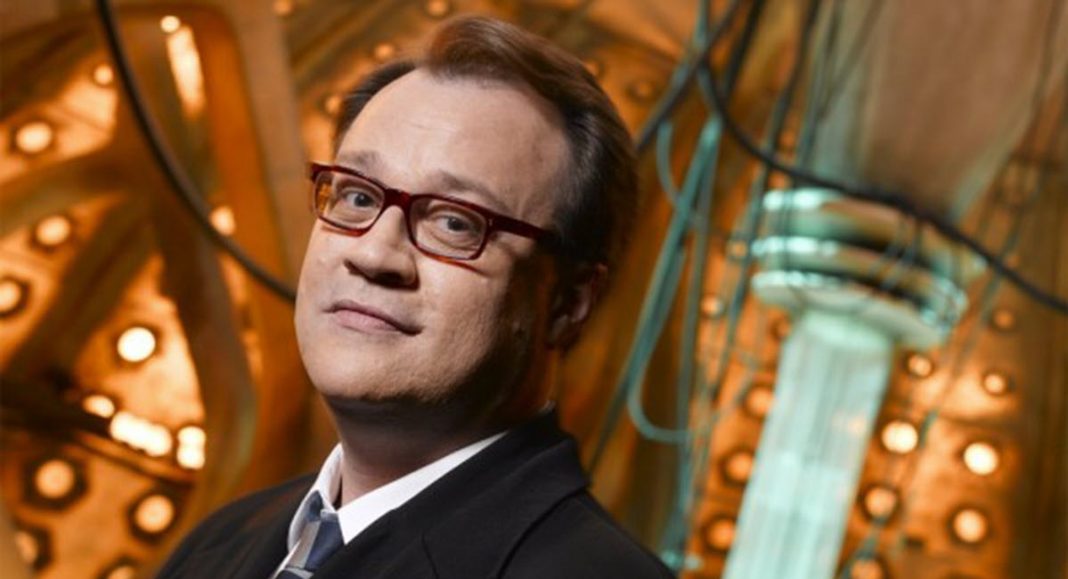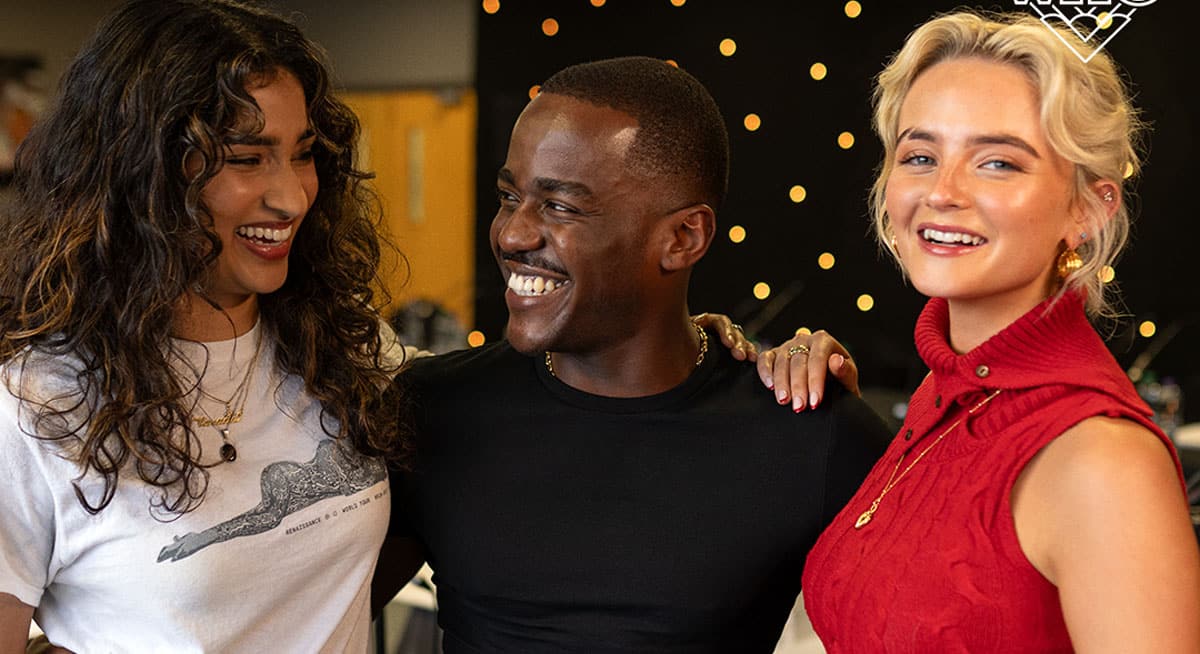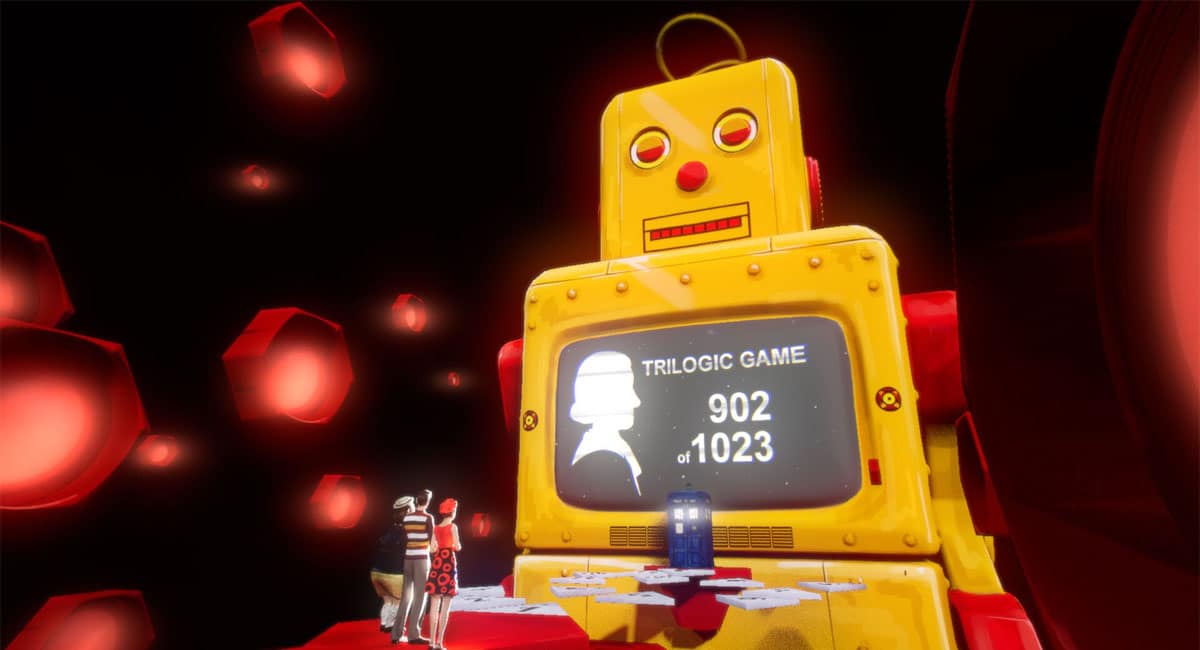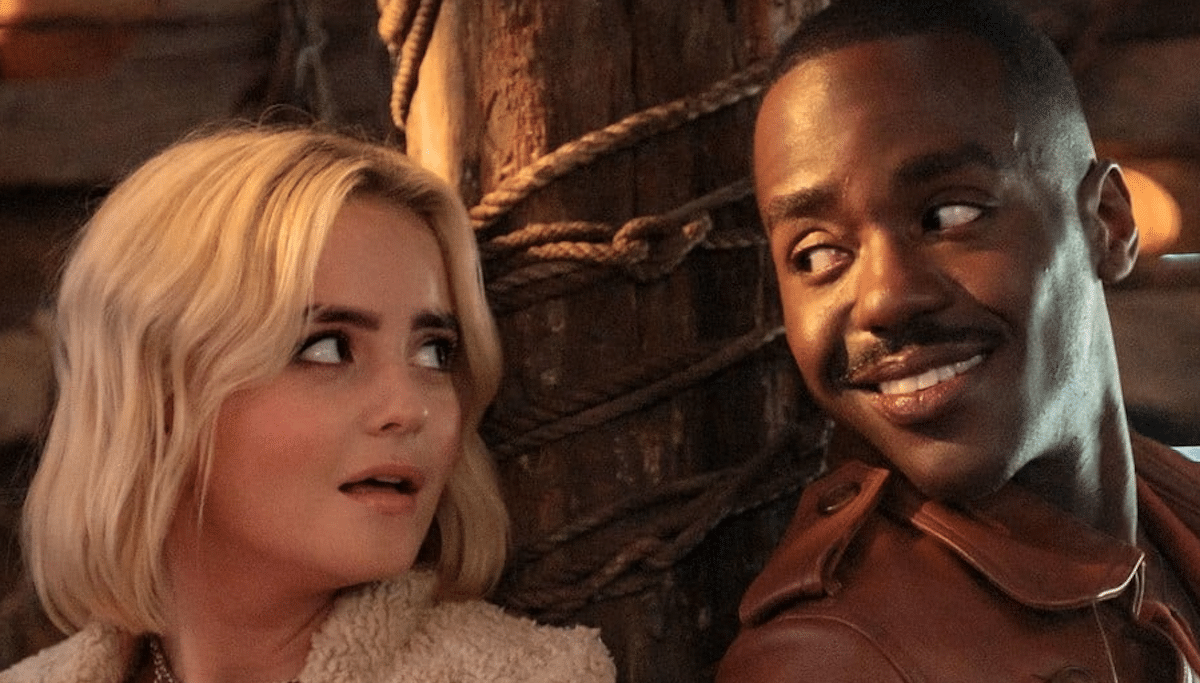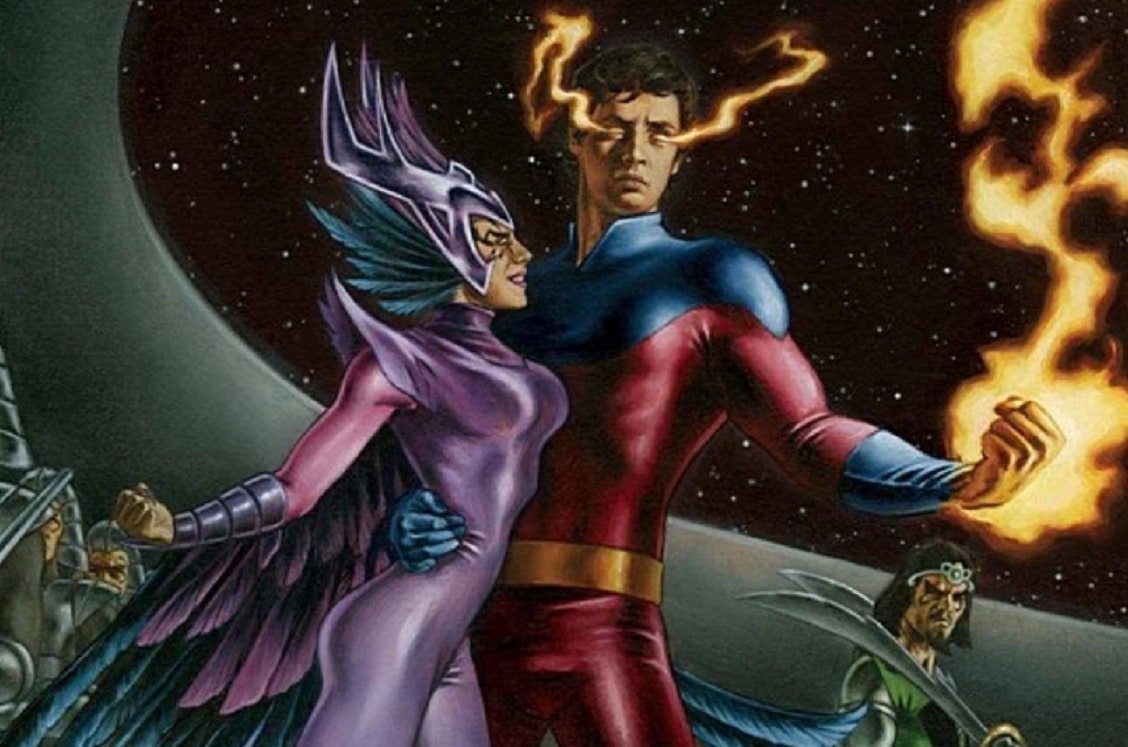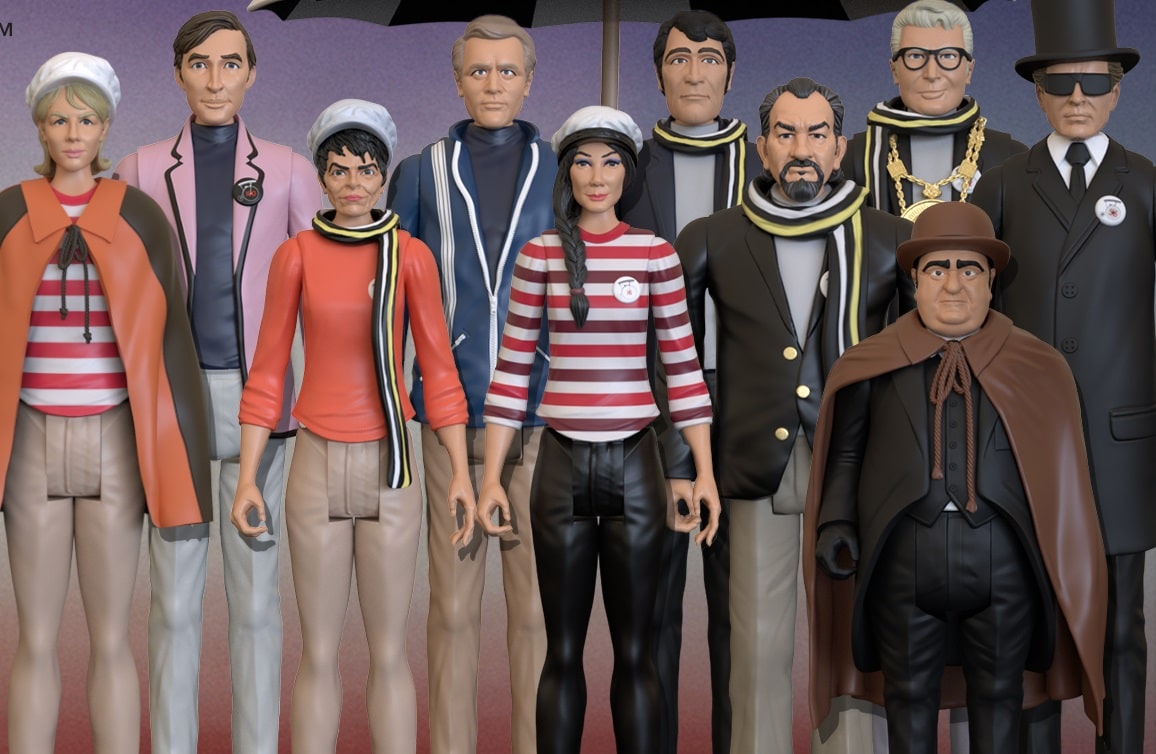Exciting news for Doctor Who fans broke this morning, as the BBC announced the next showrunner. And it’s a real “back to the future” moment, as the next Doctor Who showrunner will be Russell T. Davies, returning to the series he gave new life to. He’ll help cast the next Doctor as well as oversee the 60th anniversary plans.
“I’m beyond excited to be back on my favourite show,” said Davies of his Doctor Who return. But before we start talking about what he’ll be doing, “There’s a whole series of Jodie Whittaker‘s brilliant Doctor for me to enjoy, with my friend and hero Chris Chibnall at the helm,” he continued. “I’m still a viewer for now.”
Davies was responsible for Doctor Who returning as a success in 2005, with both critical and commercial peaks. In addition to the main series, he created two spinoffs, Torchwood and The Sarah Jane Adventures. His most recent show was It’s a Sin (available on HBO Max), a five-part exploration of life as a young gay man in the 1980s.
Doctor Who is the world’s longest-running science fiction show, having debuted in 1963, and coming up on its 60th anniversary in two years. Chris Chibnall has been showrunner since 2016. Chibnall began writing for the show under Davies’ tenure, and served as head writer for the first two seasons of Torchwood. He announced his upcoming departure from Doctor Who two months ago. Also leaving at the same time is current Doctor Jodie Whittaker.
Before that departure, six episodes making up one storyline will air later this year, with three specials to follow in 2022: one on New Year’s Day, one in spring, and the final Whittaker Doctor appearance in fall 2022 (which will make it part of the BBC celebrating its centenary). That makes for roughly a three-season run, which has been the usual pattern in the modern era.
Chibnall followed Stephen Moffat, who oversaw the series from 2009-2016 for Doctors Matt Smith and Peter Capaldi. Moffat had taken over from Davies, who relaunched Doctor Who in 2005. (It had been dormant since 1989 with the exception of a US-co-produced TV movie that is not well-remembered.) His Doctors were Christopher Eccleston (for a year) and then David Tennant, who set the pattern and expectations for the role in the modern era.
As no one will be surprised to hear, choosing a female Doctor for the most recent run was divisive. Some elements of fandom, particularly one so long-running, tend to be conservative when it comes to making favorite properties more inclusive and representative. Although Whittaker’s casting brought in new viewers, the approach — her first season had no returning monsters or references to existing continuity, while her second revamped the backstory with surprising suggestions of more past Doctors than previously known and once again casting the Time Lords of Gallifrey as villains — caused much discord. Additionally, while Moffat’s run steered firmly into horror, at times, and more adult plotlines, Chibnall’s work was more all-age-friendly, tackling current issues such as racism and environmental disaster.
Selecting Davies is a nod to those older fans who may have felt overlooked. He himself was a fan and knows the show from its many eras. This choice looks to walk the line between pleasing older followers with his fan credentials and his ability to freshen an aging property with modern, inclusive views. Very little can live up to the nostalgia of memory, particularly when it comes to the excitement of the first time one becomes a Doctor Who fan, but this selection has caused a lot of discussion and excitement, just what the show needs.
Fans are still waiting for news of who will be cast as the next Doctor, the Fourteenth.


